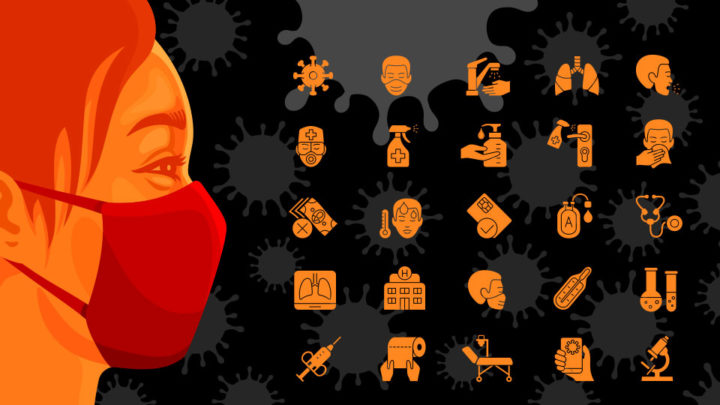The Stakes for Primary Care – Impact of COVID-19 and the Urgent Need for Action

The COVID-19 pandemic has infected nearly 1 million people in the United States, killed tens of thousands, and is having an unprecedented negative effect on the country’s economy. It has also strained primary care providers to near the breaking point. Nearly half of independent primary care practices report that they are in danger of closing in the coming months due to a collapse in revenue. Primary care practice closures threaten patients’ access to health care during this pandemic and afterward.
On April 30, PBGH teamed up with the American Academy of Family Physicians (AAFP) and the Partnership to Empower Physician Led Care (PEPC) to host a virtual Capitol Hill briefing attended by more than 100 congressional staff and interested stakeholders. The briefing was opened by the co-chairs of the bipartisan Congressional Primary Care Caucus, Reps. Joe Courtney (D-CT) and David Rouzer (R-NC), and featured expert speakers, including PBGH’s President and CEO, Elizabeth Mitchell, and the AAFP’s incoming CEO, Shawn Martin.
Primary Care Doctors Share Their Story
The highlight of the event was a panel discussion featuring three front line primary care clinicians, who discussed their own personal challenges in delivering care and keeping the doors open in the era of COVID-19.
These physicians all described the financial hole they find themselves in as office visits abruptly fell off, and the frightening prospect of going out of business and leaving their patients with nowhere else to turn. They talked about the 20-hour workdays for themselves and their staff as they work to manage the concerns and health conditions of thousands of people who entrust them with their medical needs — all while abruptly shifting to deliver care via phone or video chat.
The move to telehealth has been both welcomed and challenging. Through a fuzzy online connection, one doctor talked about the poor broadband access in her small, rural town, and how the financial strain of COVID-19 on her practice required her to choose between upgrading her 15-year old audio visual equipment to improve visibility for online patient visits, or to provide her staff with needed personal protective equipment (PPE).
Another physician described his frustration with insurers who have largely failed to step forward to provide primary care doctors with the support needed to stay afloat and available to millions of patients nationwide.
“We’ve saved our country and insurance companies millions of dollars, and I’m sitting here dying,” he told participants of the briefing. He was recently forced to furlough 75 members of his staff and shared that he and his fellow physicians were now working unpaid.
Taking Action — NOW
As the panel demonstrated, absent an aggressive federal response, the country’s primary care delivery system is on the verge of collapse. PBGH, AAFP, and PEPC delivered clear recommendations to Congress for immediate legislative action in five major policy areas:
- Provide immediate financial assistance to ensure physician practices can survive the sudden and significant loss of revenue and can continue to serve their patients
- Ensure long-term sustainability by expanding opportunities for physician practices to participate in value-based payment models that increase investment in primary care
- Promote telehealth coverage and reimbursement policies that maximize patients’ access to care while preserving and strengthening the physician-patient relationship
- Encourage benefit design that prioritizes primary care and reduces cost barriers
- Curtail health care provider consolidation and increase transparency
The event’s slide deck, including detailed policy recommendations, and a full recording of the briefing are available online.



